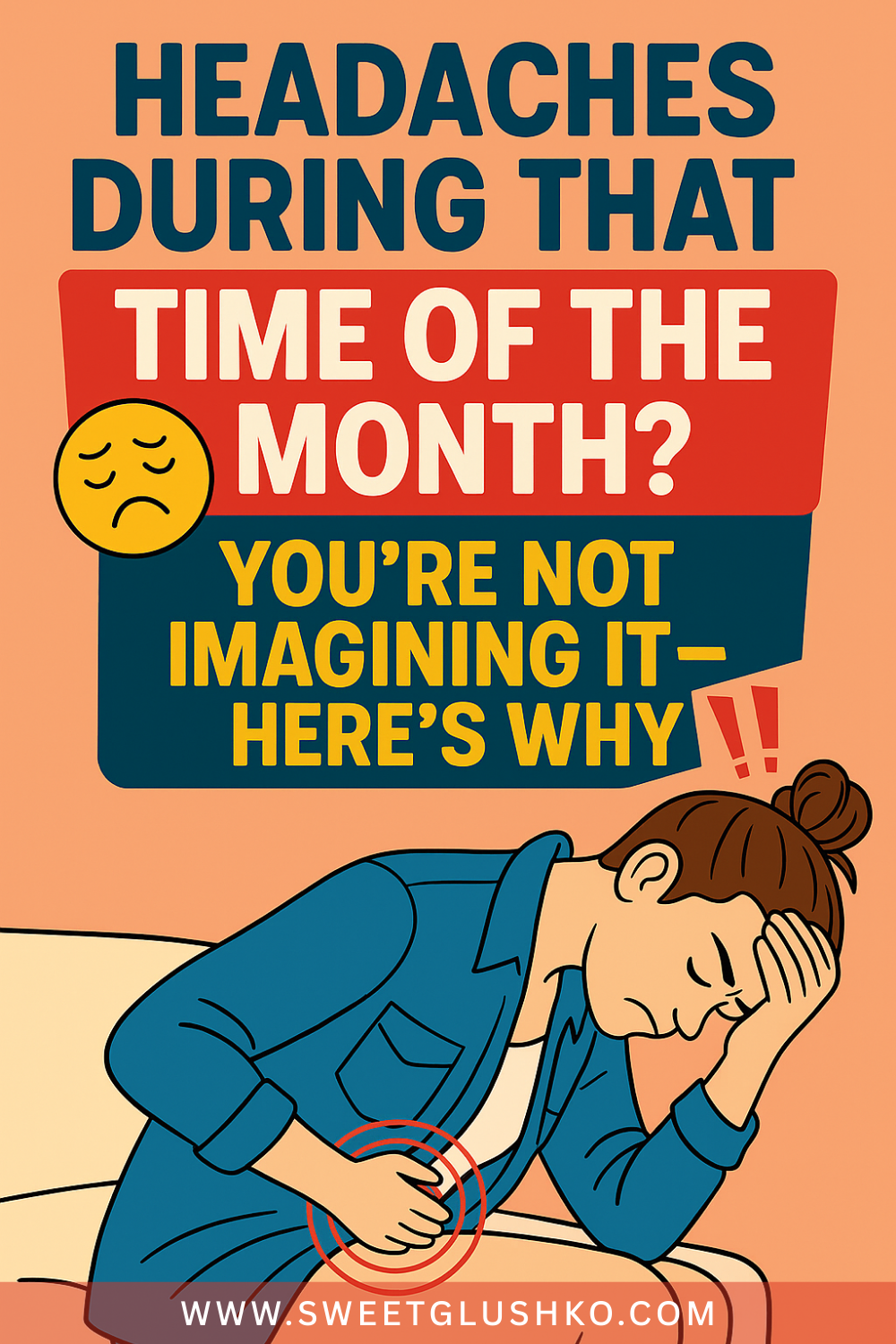Freakin’ hormones! Right? So, headaches during your period stink, right? There’s the PMS phase (the premenstrual syndrome), the agonizing cramps, the weird food cravings, the bloating of the stomach, and, of course, there’s that bleeding that lasts a good 4-5 days or how many ever days your periods last! And just when you begin to think that it couldn’t get worse than this, guess what? It definitely can! The reason for this is the occasionally throbbing headaches that one might suffer from, either before or during their menstrual cycle every month.

Understanding Period Headaches and Simple Ways to Manage Them
Many women experience headaches that seem to strike just before or during their periods. While they can be frustrating, understanding the causes behind them makes managing these headaches much easier. Let’s explore the types of period-related headaches and some helpful ways to find relief.
Hormonal Headaches: Why They Happen
Hormonal changes are one of the main reasons headaches show up during menstruation. Research shows that up to 71% of women might get a migraine attack on the second or third day of their cycle. These headaches usually happen due to a sudden drop in estrogen levels and can bring symptoms like light sensitivity, nausea, or vomiting.
Common Causes:
- A quick drop in estrogen levels before the period begins
- Hormonal fluctuations caused by birth control pills
- Genetic tendencies toward migraines
- Hormonal shifts during menopause and perimenopause
- Poor lifestyle habits like irregular meals, lack of sleep, weather changes, or excess caffeine and alcohol
Helpful Tips for Managing Hormonal Headaches:
- Consult your doctor for medications that can offer quick or preventive relief
- Consider supplements like magnesium, coenzyme Q10, or riboflavin to support headache prevention
- Keep a regular exercise routine to improve overall health
- Stay hydrated and eat balanced, nutritious meals
- Practice stress-reduction techniques like meditation or deep breathing
Menstrual Migraines: What You Should Know
Not every period-related headache is a migraine, but menstrual migraines are surprisingly common. Studies suggest that about 20% of women without a migraine history and nearly 60% of migraine sufferers experience migraines around their periods. These migraines often serve as a clear sign that menstruation is near.
Primary Causes:
- A significant drop in estrogen disrupts brain chemicals involved in headache regulation, leading to migraines
Tips for Easing Menstrual Migraines:
- Use a period tracking app or mark a calendar to predict when symptoms might start
- Take preventive medications as advised by a healthcare provider before your period begins
- Add magnesium-rich foods like leafy greens, nuts, and avocados to your meals to support migraine prevention
Understanding how your body responds to hormonal shifts can help you tackle headaches more effectively. With small changes and the right strategies, it’s possible to enjoy a smoother, healthier cycle.